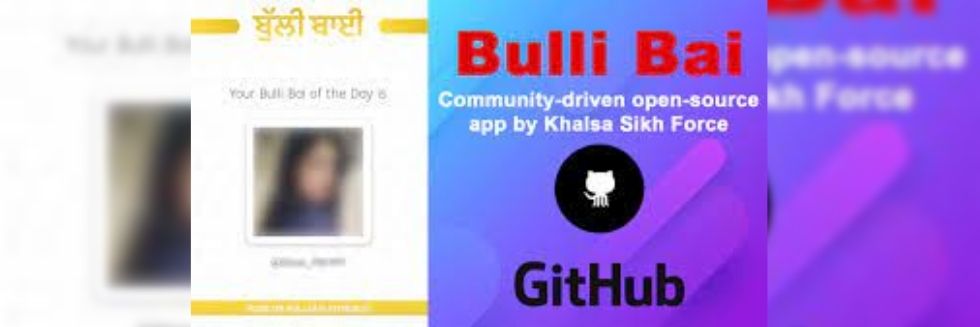While quashing a sexual harassment case against a 33-year old man, Nagpur Bench of the Bombay High Court noted that an administrator of a WhatsApp group cannot be held criminally liable for an objectionable post by another member of the group.
The verdict was passed by the High Court last month while it was made available at the website on April 22.
The division bench comprising Justice Z A Haq and A B Borkar stated that an administrator of a WhatsApp group has only limited powers of adding or deleting members to the group and does not have the power to regulate or censor the content posted in the group.
The High court was hearing an application filed by 33-year old Kishor Tarone who was a group admin of a Whatsapp group. He had approached the high Court seeking directions to quash case registered against him under Sections 354-A(1)(iv) (making sexually coloured remarks), 509 (insulting the modesty of a woman) and 107 (abetment) of the Indian Penal Code and Section 67 (publishing or transmitting obscene material in electronic form) of the Information Technology Act.
The complainant in the case had alleged that Tarone being the WhatsApp group administrator, did not remove or delete the member from the group and also did not ask him to apologise.
The division bench held that the crux of the matter is whether an administrator of a WhatsApp group can be held criminally liable for objectionable posts made by a member of the group.
“Group administrators, as they are generally called, are the ones who create the group by adding or deleting members. Every chat group has one or more administrators. A group administrator has only limited power of removing a member from the group or adding other members to the group. Once the group is created, the functioning of the administrator and that of the members is at par with each other, except the power of adding or deleting members to the group,” stated the High Court order.
The court further stated that the administrator of a WhatsApp group does not have the power to regulate, moderate or censor the content before it is posted on the group. “But, if a member of the group posts any content, which is actionable under law, such a person can be held liable,” added the bench.
“In the absence of a special penal provision creating vicarious liability, an administrator of a WhatsApp group cannot be held liable for objectionable content posted by a member of a group unless it is shown that there was common intention or pre-arranged plan,” stated the order.






